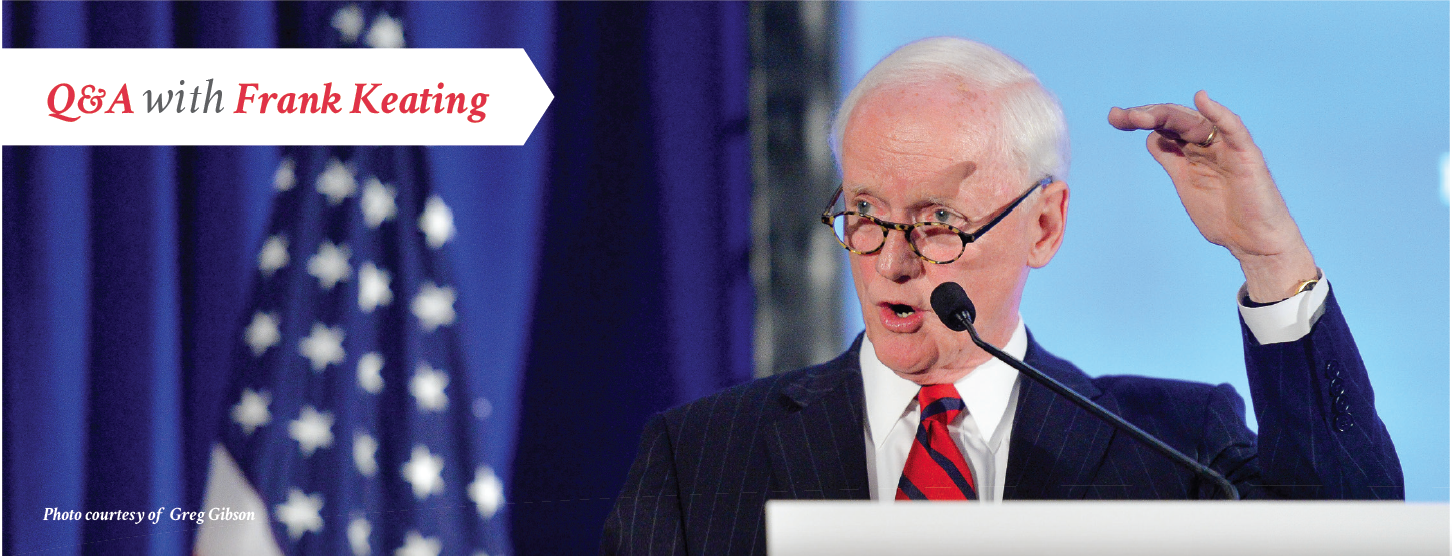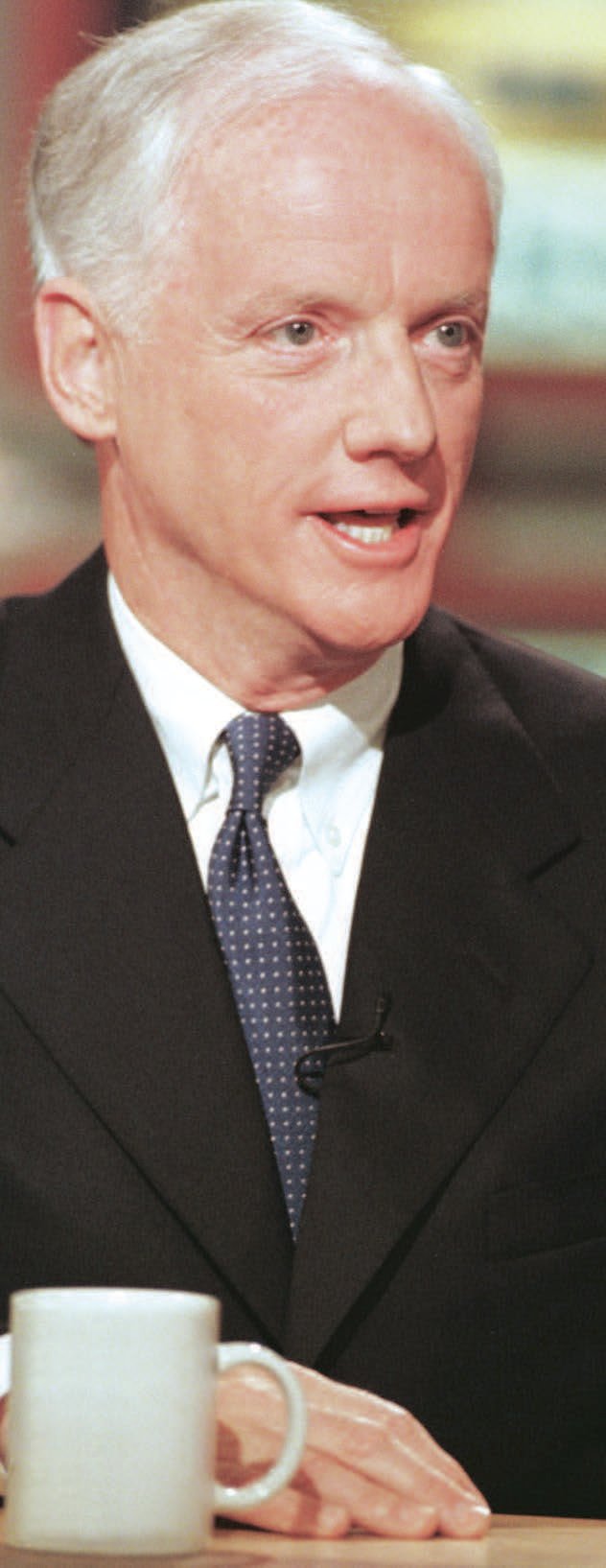
Q. As the new board chair what vision do you have for BPC?
I am the grandson of a Democrat congressman-at-large from Illinois, the son of a Pennsylvania Republican, and by definition my political life had to be bipartisan.
When I was a member of the state House and Senate in Oklahoma, there were very few Republicans. And when I was governor, there had not been another one since the Sixties in the Republican ranks. I had a majority Democrat House and Senate in all eight years and so I had to work with both parties. And we accomplished a lot in those eight years, including a public vote on right to work, privatization, education rigor, charter and choice, all because we had both parties around the table. I found that working with both parties you came to the best result because everyone had their oar in the water.
BPC by definition is bipartisan, BPC by vision is bipartisan, BPC culturally is bipartisan. Working with our adversaries to get to the best result is something that needs to be reconfirmed and recommitted always by the board of BPC.
Q. What must policymakers do to answer economic and national security concerns?
The most important person in the process is at the head of the table. The president of a country, the governor of a state, starts the debate. You really have to be the nuisance at the head of the table to push the process, and hopefully the new president will be precisely that kind of person. And I think BPC, because our work is always credible, because it’s thoughtful and it’s hammered out by men and women of goodwill of both parties, hopefully we will be at the table as well—that includes national security issues. BPC because of its vision and its tolerance of dissent, is always at the table.
Q. Where do Republicans and Democrats have the best chance of finding common ground?
Two areas—health care and energy. We have debated and we have scrapped and we have fussed over the last eight years over both. People of goodwill I think would agree that Obamacare can be amended. In the energy space there is room for both views—the Democrats on renewables, the Republicans on fossil fuels, particularly the role of natural gas. There are good suggestions from both camps and I think the president can find consensus on energy and health care, and those I think ought to be addressed first.
Q. Out of all the positions you have held, which was the most meaningful?
I would have to say governor of Oklahoma. I faced a legislature controlled by Democrats. Through a combination of 302 vetoes and constant arm-twisting, however, we made real progress for the citizens of our state. We bolstered education standards, improved road and highway conditions, and endured the Oklahoma City bombing—the worst domestic terrorist event, ever.
Q. Why did you choose Will Rogers as the subject for a book?
He is quintessentially an example of the greatness of America. Here’s a guy that had a 10th grade education. Will Rogers when he died was the number one movie actor, the number one radio correspondent, the number one newspaper correspondent in the United States. Will Rogers was colorful, he was funny, he was decent, he was not a grouch. He didn’t shriek and yell and make fun of people. He was quintessentially a man of the prairie, a gentleman. That, as an Oklahoman, was something I wanted to do because I just am such an admirer of Will Rogers.




